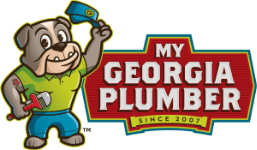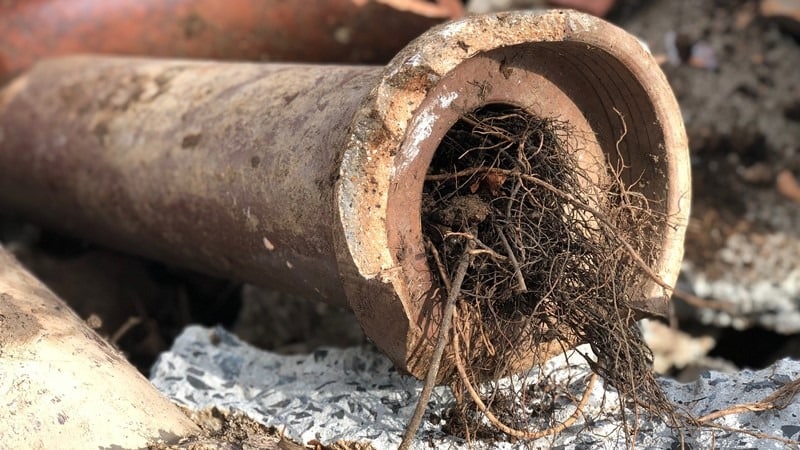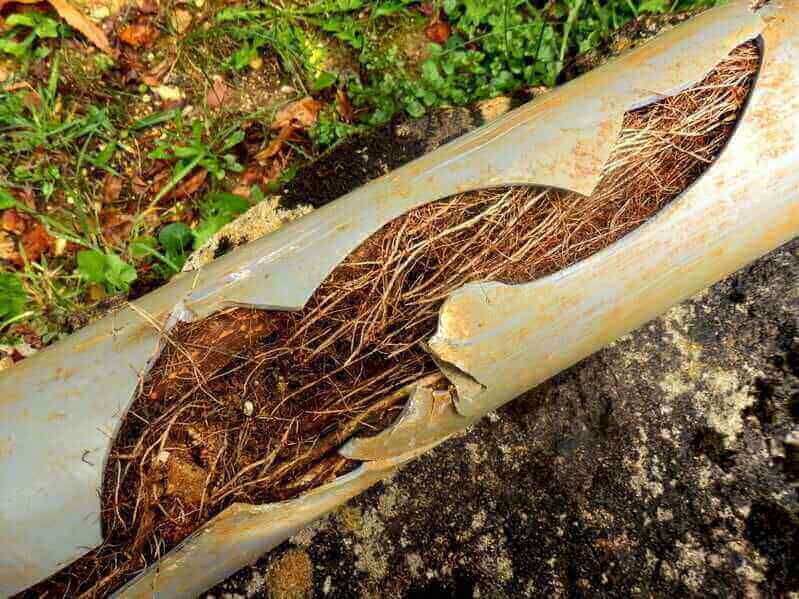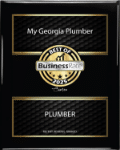
Warning Signs, Common Causes, and the Fastest Way to Stop the Backup
It starts slowly. A sink won’t drain quite right. The toilet gurgles when you run the shower. Then, seemingly out of nowhere—everything backs up.
When multiple drains in your home stop working at once, it’s not a simple clog.
You’re likely dealing with a whole-house blockage, which means the issue is deep in your main sewer or drain line.
At My Georgia Plumber, this is one of the most urgent service calls we receive—because waiting too long can lead to wastewater flooding your floors.
Here’s how to recognize the early signs, what causes whole-home clogs, and what to do before a small problem turns into an expensive mess.
What Is a Whole-House Clog?
A whole-house clog occurs when the main sewer or drain line becomes blocked or damaged.
This pipe handles all wastewater from your home, carrying it to the city sewer or septic tank.
When it’s blocked, nothing can drain—sinks, toilets, tubs, and appliances all start backing up.
Early Warning Signs of a Whole-House Clog
These symptoms usually indicate a deeper issue with your main line—not just a single fixture:
-
Multiple drains backing up at the same time
-
Gurgling noises when flushing toilets or draining sinks
-
Slow-draining tubs or showers
-
Water backing up into lower-level toilets or tubs
-
Sewage odors inside the house or in the yard
-
Water or waste appearing from floor drains
Don’t ignore these red flags. The longer you wait, the higher the risk of flooding and property damage.
Common Causes of a Main Line Clog
Several issues can block your main sewer line:
-
Non-Flushable Items
Things like wipes (even “flushable” ones), feminine products, and paper towels don’t break down and often create major obstructions. -
Grease and Food Waste
Cooking grease hardens in pipes and traps other debris, eventually closing off the drain line. -
Tree Root Intrusion
Roots from nearby trees can invade even the smallest cracks, growing and spreading through your sewer line. -
Collapsed or Damaged Pipes
Older materials like clay, cast iron, or Orangeburg are prone to breaking or collapsing due to age, shifting soil, or external pressure. -
Improper Slopes or Installation
Bad pipe pitch, poor connections, or past repair mistakes can lead to chronic blockages.
What to Do When You Suspect a Whole-House Clog
Step 1: Stop using water immediately.
Avoid flushing, washing, or using appliances. Extra water adds pressure behind the clog.
Step 2: Don’t use chemical drain cleaners.
They won’t clear a main line blockage and may cause pipe damage—or pose a safety risk for your plumber.
Step 3: Call a licensed plumber.
You need professional tools and expertise to locate and resolve a main line clog effectively.
How We Fix Whole-House Clogs the Right Way
At My Georgia Plumber, we take the guesswork out of the equation.
Sewer Camera Inspection
We feed a high-resolution camera into the line to identify the blockage—whether it’s roots, debris, or pipe damage.
Hydro Jetting
For intact but dirty lines, we use high-pressure jets to remove grease, sludge, or root buildup without damaging the pipe.
Pipe Repairs and Replacements
If your line is broken or collapsed, we offer both traditional and trenchless solutions to repair or replace the damaged section.
Full System Review
After clearing the clog, we inspect the entire system and offer long-term solutions to prevent future problems.
Prevent Future Whole-House Clogs with Routine Maintenance
You don’t have to wait for a disaster to take action. We offer several preventative options:
-
Annual camera inspections of your main drain line
-
Preventative hydro jetting to keep lines clean
-
Enzyme treatments to break down food waste
-
Water pressure and PRV valve checks
-
Root barrier solutions for homes with nearby trees
-
Full plumbing inspections for added peace of mind
Call Before It Backs Up
A whole-house clog won’t resolve on its own—and it only gets worse.
If you’re noticing the signs, now is the time to act.
Call My Georgia Plumber or schedule a main line inspection online.
We’ll find the cause, clear the line, and help you avoid damage to your home.














